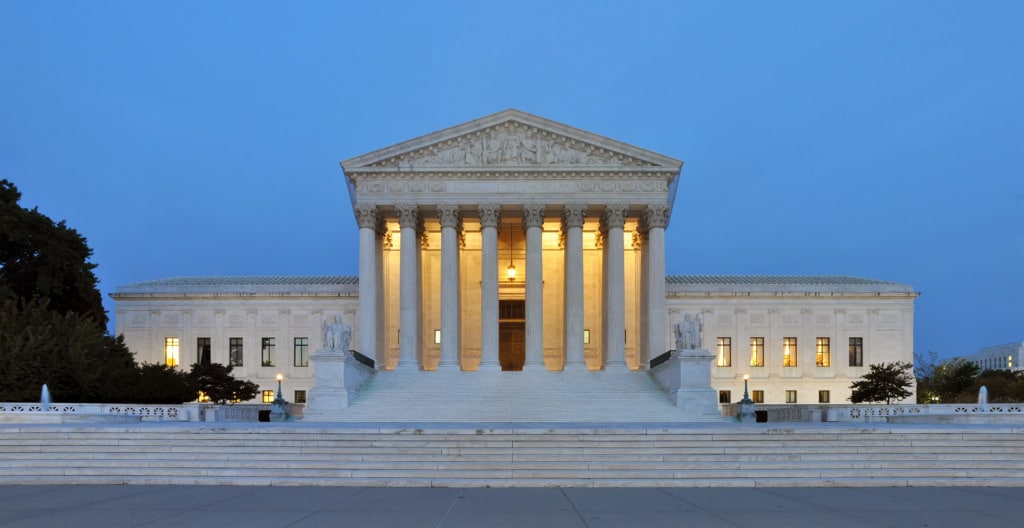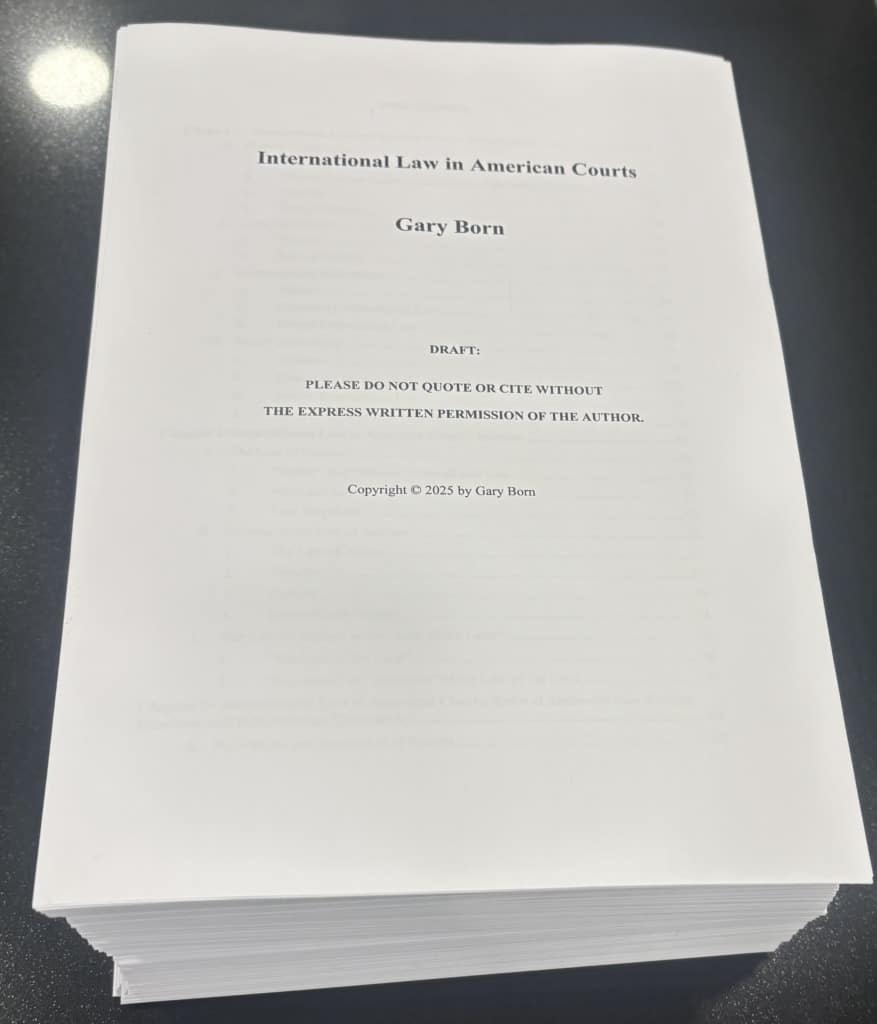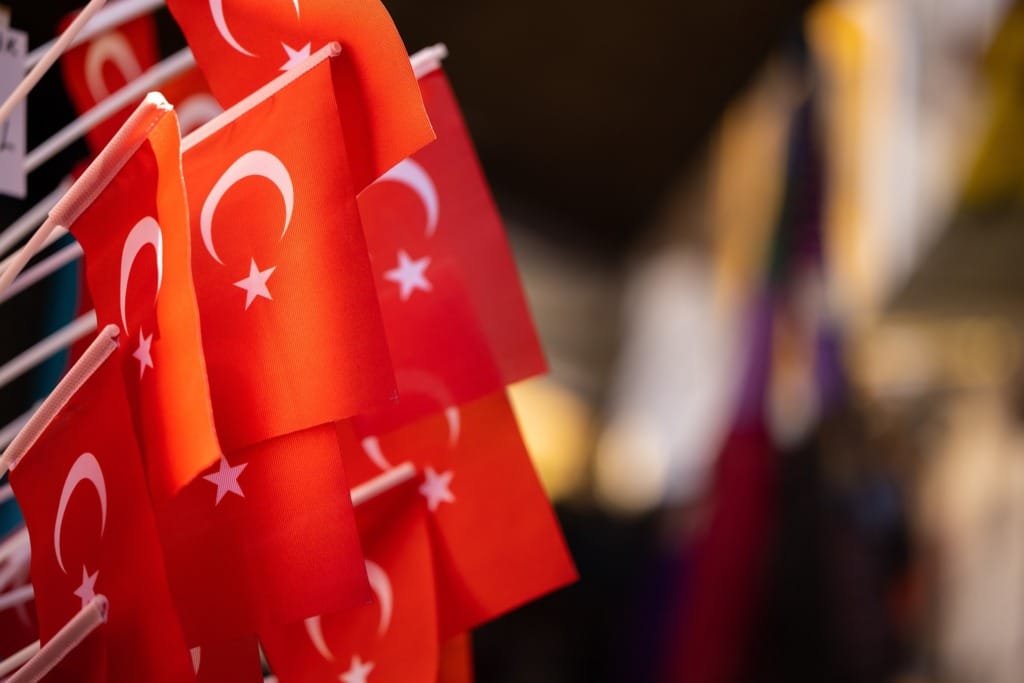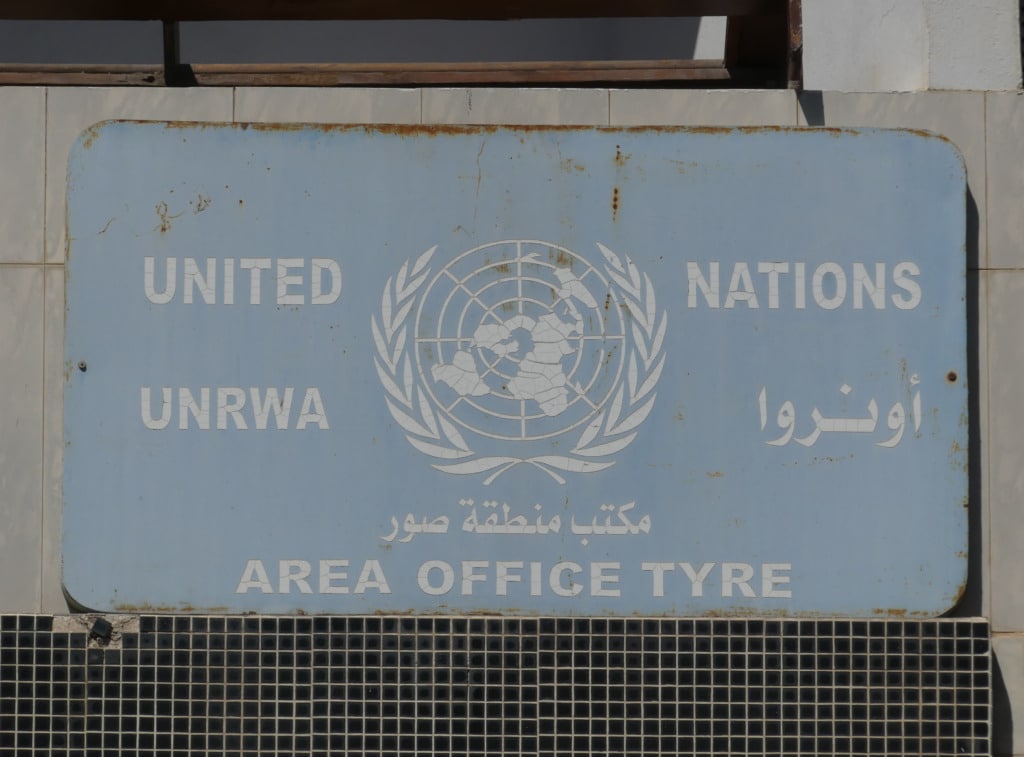Recent Scholarship on Sovereign Immunity from Executive Measures
Immunity protects the assets of foreign sovereigns from the jurisdiction of domestic courts. Customary international law requires such immunity, which is also conferred in the United States by the Foreign Sovereign Immunities Act (FSIA). An important question about sovereign immunity is whether it also protects the assets of foreign sovereigns from executive branch or administrative…
Continue ReadingWhy Canada’s Terrorism Exception Does Not Violate International Law
Like the United States, Canada has an exception in its State Immunity Act (SIA) for state supporters of terrorism. Canada has put Iran and Syria on the list of states against which claims for terrorism may be brought in Canadian courts. Under the SIA, Canadian courts have found Iran liable for shooting down a Ukraine…
Continue ReadingHalkbank Files New Cert Petition
Halkbank, a Turkish state-owned bank accused of violating U.S. sanctions on Iran, filed a petition for certiorari last week seeking a second chance to convince the Supreme Court that it is immune from criminal prosecution in the United States. In its first trip to the Court, back in 2023, Halkbank argued that it was entitled…
Continue ReadingInternational Law in American Courts
In a new book, International Law in American Courts, slated for publication in Summer 2025, I address the status of international law in American courts under the Constitution and the power of those courts directly to apply rules of international law. Readers can find the full manuscript on SSRN here. In this post, I summarize…
Continue ReadingExtraterritoriality and Self-Determination
Professor Evan Criddle has written a fascinating article on extraterritoriality, forthcoming in the American Journal of International Law, but available now on SSRN. Evan argues that much extraterritorial application of domestic law violates the right to self-determination under international law by subjecting non-nationals outside the territory of the regulating state to laws that are not…
Continue ReadingWhat Deference to the Executive in Halkbank Should Have Looked Like
As previously reported, the Second Circuit issued its opinion in United States v. Turkiye Halk Bankasi (Halkbank) on October 22, 2024, addressing the deference owed to the executive branch’s determination that Halkbank, a Turkish state-owned bank, is not immune from criminal prosecution for violating U.S. sanctions on Iran. Similar questions of deference to the executive…
Continue ReadingSecond Circuit Holds for the Government in Halkbank Remand
The U.S. Court of Appeals for the Second Circuit has issued its opinion in U.S. v. Turkiye Halk Bankasi (Halkbank) following the Supreme Court’s decision to remand the case for further consideration of common law immunity issues. The same panel of Second Circuit judges held for the government the first time it heard the case…
Continue ReadingVictims of Hamas sue UNRWA
Victims of the October 7, 2023, attacks by Hamas have sued UNRWA USA, a Delaware non-profit that provides aid for Palestinians in Gaza. The case is one of several involving the war in Gaza, including one filed by residents of Gaza against the Biden administration and one brought by victims of Hamas against the National…
Continue ReadingChiquita Liable for Financing Colombian Paramilitary Death Squads
In a win for international human rights advocacy, a Florida jury has found a U.S. corporation liable for human rights violations committed in a foreign country. This first of three “bellwether” trials involved nine cases. Hundreds remain to be tried in this multidistrict litigation. The jury’s verdict is the latest development in a civil case…
Continue ReadingThrowback Thursday: Banco Nacional de Cuba v. Sabbatino
Sixty years ago, on March 23, 1964, the U.S. Supreme Court handed down its decision in Banco Nacional de Cuba v. Sabbatino. By a vote of 8-1, the Court held that the act of state doctrine prevented U.S. courts from questioning the validity of Cuba’s expropriations of property owned by U.S. nationals, even if the…
Continue Reading








